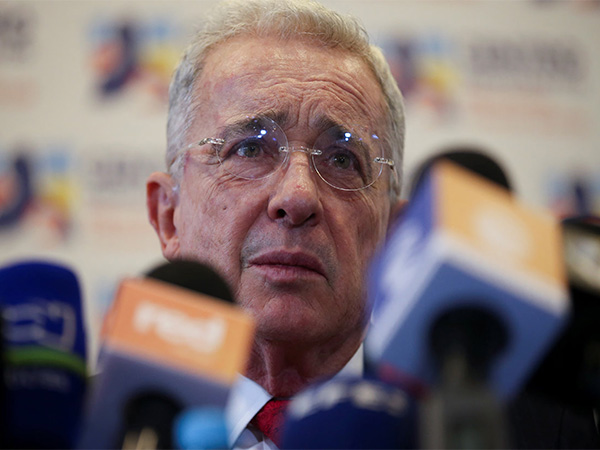
Uribe’s House Arrest: A Colombian Earthquake with Global Tremors
Former Colombian President Alvaro Uribe, a towering figure in Latin American politics, has been sentenced to 12 years of house arrest. The conviction, for witness tampering and bribery, marks a historic first: Colombia’s first ex-president found guilty in a criminal trial.
The Al Jazeera report detailing the verdict sent shockwaves through the political establishment. Uribe, known for his hardline stance against leftist groups, immediately announced his intention to appeal the ruling.
The decision has ignited intense debate both domestically and internationally. Reactions have poured in from across Colombia, reflecting the deeply polarised political landscape.
The case also carries significant weight in the US, given Uribe’s close ties to previous administrations. The implications for US foreign policy in the region remain to be seen.
This landmark conviction underscores the growing demand for accountability amongst powerful figures in Latin America. The ongoing appeal process and its potential ramifications will undoubtedly shape Colombia’s political trajectory for years to come, impacting its relations with key global players.






